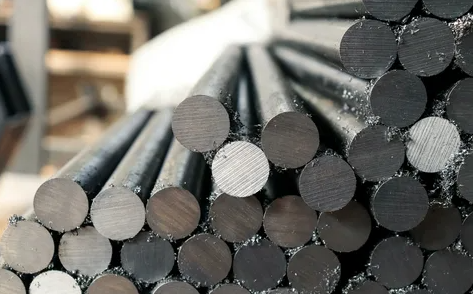Indonesia ended a six-month period during which it was impossible to export unprocessed metal ores from the country. This happened thanks to the introduction of new policies designed to improve the return on shipping resources from Southeast Asia's largest economy, a spokesman for the country's mining ministry said.
The Indonesian government imposed a ban on the export of unprocessed ore in January this year, and as part of this policy, it tried to force miners to build local mineral processing plants amid the introduction of a progressive tax on the export of mineral concentrate.
The controversy that followed the ban put an end to the monthly export of about $ 500 million worth of minerals and concentrates. Prior to the ban, Indonesia was one of the largest exporters of nickel, iron and aluminum ore.
The Coal and Minerals CEO said shipments of iron ore, zinc and lead concentrate sparked controversy last week after the two companies agreed to pay an export duty of 20 percent. These companies are Sebuku Iron Lateritic Ores (SILO) and Lumbung Mineral Sentosa.
SILO has shipped about 100,000 tonnes of iron ore concentrate and Lumbung is shipping around 8,000 tonnes of lead and zinc in concentrate. Companies were forced to pay tax. The export duty has sparked a legal dispute with US miner Newmont Mining. SILO expects iron ore concentrate exports to be around 8 million tonnes per year, while Lumbung will export around 29,000 tonnes per year. Both companies export ores to China.
Indonesia completes six-month export ban on unprocessed ores

|
|
Azovpromstal® 23 July 2014 г. 11:36 |





